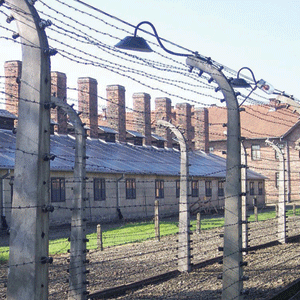regeneration (mid-14th century, from Late Latin regeneratio, “a being born again”)
In January, David Cameron announced plans to “regenerate” 100 housing estates. It’s a nice sounding word. That “gen” syllable tells us that it goes back to Latin words to do with birth, the tribe, procreation and production. In modern English, it is surrounded with people-friendly or productive sounding words like “generation”, “generate”, “generator” and “engender”. Put a “re-” on the front and it gives it a kick. You hear people talking of “redoubling their efforts” or “recharging their batteries”. Regeneration must be an especially good thing.
The word first appears in English in the Wycliffe Bible of around 1384. This first usage refers to the kind of rebirth that Jesus’s disciples can expect upon reaching heaven. The sense that a geographical area can be regenerated appears in the 16th century with a book that Shakespeare used to write Romeo and Juliet, William Painter’s The Palace of Pleasure: here a place is made more “stately and wonderful” by dint of its regeneration.
And so it was in 1990, with the “regeneration” of East London’s docklands. Where there were run-down warehouses and council blocks, today there are multi-storey apartments and shopping centres.
This kind of regeneration has happened all over the world. Old industrial areas near enough to city centres, often made temporarily chic by artists who live and work alongside older working-class people, are suddenly targeted by developers. Corporations, councils and governments pump-prime the developers’ plans with grants and loans; public authorities even build new infrastructure. On the day the new development is unveiled, the media compare pictures of the bad old with the gorgeous new.
It’s a “regeneration”. As I heard a headteacher say when she took her children to the opening of one of these regenerated areas, right next to her school: “My teachers can’t afford to live here.” To which we might say, “What kind of ‘regeneration’ doesn’t enable people like teachers in the local schools – let alone those with even less money – to live there?”

